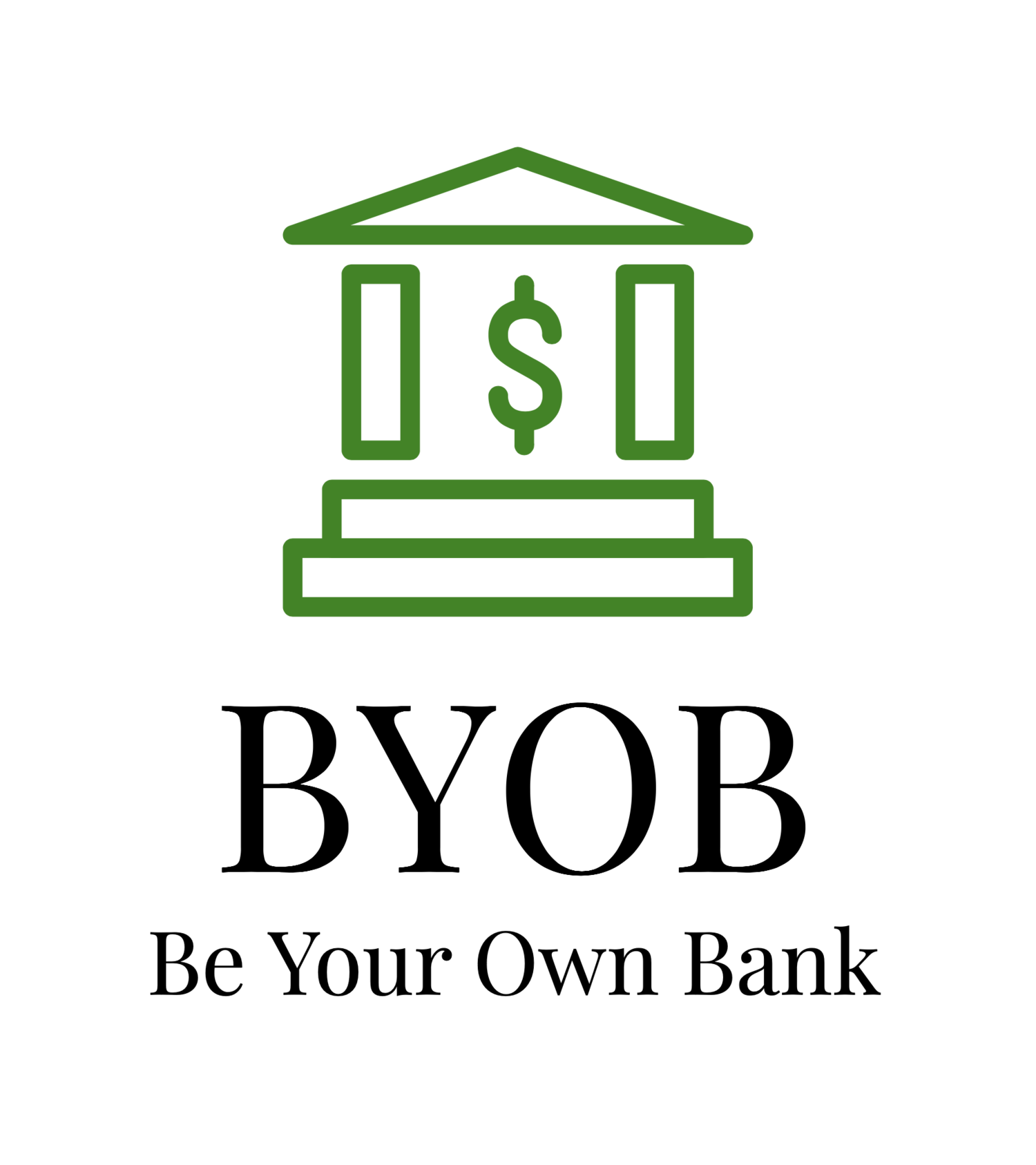The Wealthy Buddhist
As many of you know, in the interest of being helpful I like to suggest books to my readers that have made an impact on me. I have learned a great deal of what I know from books and I will continue to do so until my very last breath. As much as I am certain that my own books are helpful and informative, I am always happy to recommend the work of others if I believe that they have something important to say. I have reviewed many books on this website that fit that criteria and I am happy to do so again.
I recently read a book by a fellow Calgarian (and personal friend) Rob Burylo entitled “The Wealthy Buddhist”. I have to say, it is a truly profound and thought provoking book. If you have ever struggled with the ethics or morality of wealth creation this is the first place to start in order to ease your mind and provide clarity of purpose.
The central theme of the book revolves around the Buddhist concept of “Right Livelihood”, which in this context means the pursuit of wealth. Burylo is very careful to differentiate between the pursuit of wealth for wealth’s sake and the pursuit of wealth as a byproduct of providing true value to others - ideally in the interests of reducing suffering.
Mr. Burylo’s ability to logically and compassionately overlay Buddhist philosophy to the practice of wealth creation through business or other means is flawless. He spells out exactly what value means, how it is exchanged, and what true ethical business practices should look like. I have written several articles about the insidious paradigm of “Money is the Root of all evil” or “Rich people got that way through nefarious practices” and how wrong this idea is. Mr. Burylo uses the practical and time-tested principles embedded in Buddhism to easily make the argument that not only is there a moral and ethical way to gain riches, but it just might be the most effective way to do it.
He presents his ideas in a very clear and articulate manner, without being preachy or aloof. There is no hidden agenda or attempt to convert anyone to Buddhism. He just uses these timeless principles as a template to give sound advice. He presents a moral framework to utilize in the pursuit and management of wealth that proves to be pretty darn comprehensive. There is not a lot of ambiguity after you are done reading as to what constitutes “Right Livelihood” in the real modern world of business and investing.
Mr. Burylo spends an entire chapter on the true purpose and ethical reality of sales, without ever using the actual word “Sales”. He explores the whole sales and marketing paradigm by treating it as a value proposition and the necessity to communicate your ability and willingness to deliver value. It is a beautiful and heartfelt re-imagining of , as Brian Tracy calls it, the world’s REAL oldest profession (Sales).
My overall impression is that this book is less about Buddhism and more about a modern day, workable philosophy that is useful for navigating the moral and ethical landscape of trying to justify our daily behaviours in the pursuit of wealth.
I have argued that the world is dictated and shaped by economics and commerce. We spend a great deal of our mental and emotional energy trying to figure out how to survive, make a living and thrive. We are immersed in this world of money - the media, movies and urban legend sometimes can lead us astray and cause us to believe that the pursuit of money or the desire to better our circumstances may not be a noble quest. We are lead to believe that success is “easy” or “luck”. We think that only the “Special few” get to be rich. We think we need to be a rock star, pro athlete, actor or major disruptor to achieve wealth. As much as this is not true it is also not true that most rich people got that way through unethical means. Overnight success and Hollywood rags to riches stories are, by far, the exception not the rule.
The Wealthy Buddhist is a useful guidebook to answer our questions when it comes to the morality of wealth creation. It provides a blueprint to the moral framework that is necessary to provide true value to the world and be fairly compensated for that value. It explains that we can create a business, earn rewards and spend our money with mindfulness and purpose.
I actually believe this is a must-read for anyone who struggles with questions about the moral or ethical nature of money and business. You will turn the last page and feel assured that you can and should become wealthy without sacrificing your ideals and perhaps even making a positive impact on the world through the lessening of suffering.
If you choose to hold off on reading one of my books right now, please consider reading The Wealthy Buddhist. You will carry this wisdom with you forever.
You can find The Wealthy Buddhist on Amazon.





